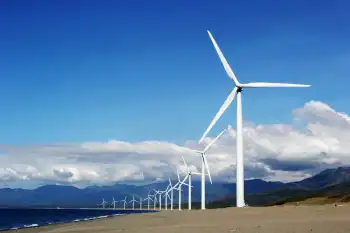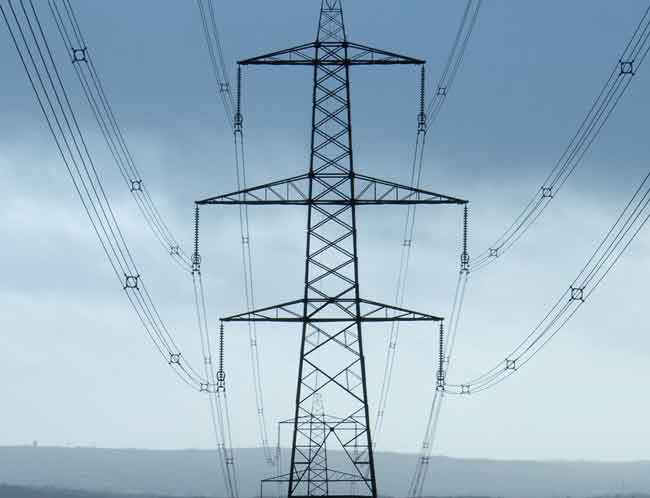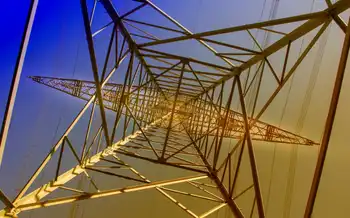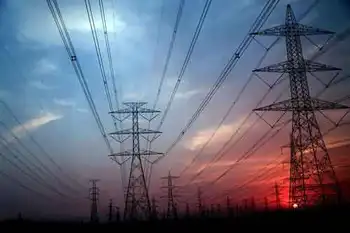Canadian mood about nuclear lukewarm compared to elsewhere
By Toronto Star
Arc Flash Training CSA Z462 - Electrical Safety Essentials
Our customized live online or in‑person group training can be delivered to your staff at your location.

- Live Online
- 6 hours Instructor-led
- Group Training Available
The survey, conducted in November by management consulting firm Accenture, is based on 20-minute online interviews with 10,508 individuals in 20 countries.
It found that 56 per cent of Canadians who were surveyed believe nuclear power generation should be increased or introduced, compared with 81 per cent in the United States, 76 per cent in the United Kingdom and 91 per cent in China.
Just 19 per cent of Canadian respondents felt like they knew enough about their government's nuclear power strategy, compared with 28 per cent in the U.S. and 26 per cent in the U.K.
Tony Masella, managing director of Accenture's utilities practice in Canada, said a majority of people support or acknowledge that more nuclear power is coming, but many continue to have big concerns.
"They bring up waste disposal, safety of power plants and decommissioning of the power plants," said Masella, pointing out the three biggest question marks.
The survey results come as Ontario government officials evaluate three bids to build the province's first new nuclear plant in decades.
Federally owned Atomic Energy of Canada Ltd., France's Areva NP and U.S.-based Westinghouse are the suppliers in the running.
A final decision is expected this summer. Based on comparable estimates around North America, the new Ontario plant could cost anywhere between $10 billion to $20 billion depending on its size.
Greenpeace activists blocked a main gate at the Pickering nuclear station to protest the McGuinty government's continuing commitment to nuclear power, which under a provincial plan will continue to supply roughly 50 per cent of electricity needs.
Greenpeace wants a government commitment for replacing nuclear power in the province with green energy, but Energy and Infrastructure Minister George Smitherman said the environmental group is getting ahead of itself.
"We have many thousands and thousands of megawatts of renewable energy still to be developed before we're at the point where it can't grow any more," Smitherman said. "I think Greenpeace has pushed the fast-forward button there. Future governments will always have the opportunity to evaluate their energy supply mix."
It's difficult to say if the survey results show a drop or increase in Canadian support for nuclear power. Accenture found that 21 per cent of residents contacted were more in favour of increasing the role of nuclear generation compared with how they felt three years ago. But nearly as many – 20 per cent – said they were less in favour.
Masella said he's not surprised Canadian public support trails levels in the U.S. and the U.K., given that energy supply in those countries is heavily dependent on fossil fuels. That provides greater incentive to choose an emissions-free option such as nuclear, he said.
Canada, by comparison, has more renewable energy in its supply mix. "We have a lot of hydroelectric," Masella said.











